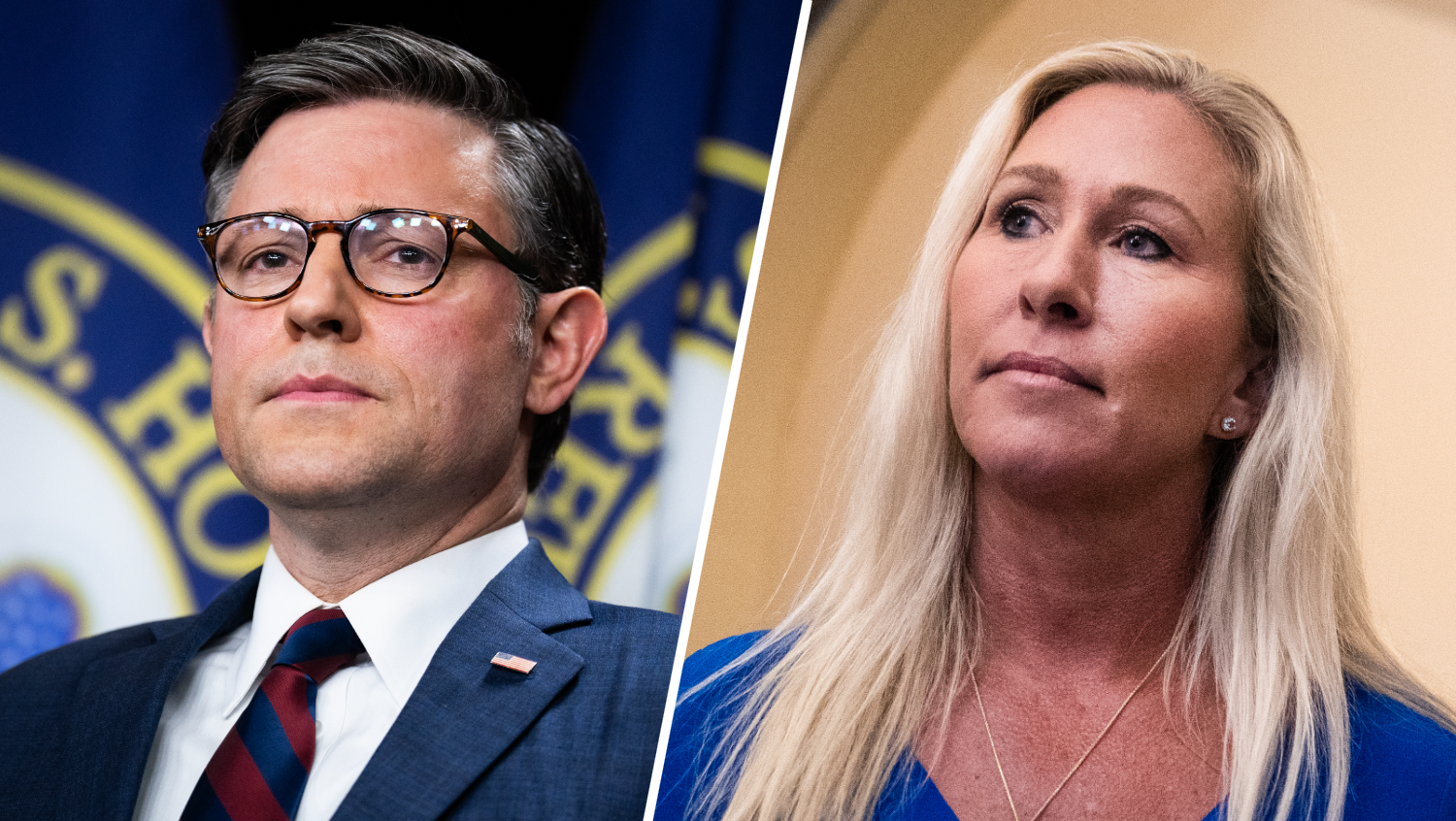In 2009, before Prop Zero, I had a blog on the site of the think tank for which I worked, the New America Foundation. After a critical post about Meg Whitman, I received an email from a staffer on her campaign saying they would buy some advertising with me.
It felt a little like a bribe, a new-media-age bribe. And a clumsy one. Because even if I had been inclined to accept it (and I wasn’t), I couldn’t have. The blog was on the nonprofit think tank’s site, and we didn’t have advertising. I emailed to say no thanks and to ask if the campaign did this sort of thing with other bloggers. I never heard back.
I thought of that when Ann Ravel, who chairs the state’s Fair Political Practices Commission, first told me she was thinking about requiring disclosure from bloggers who receive payments for endorsements. She made the proposal at a conference in Sacramento at which I served as moderator of one of the panels.
This sort of proposal makes me very nervous as a journalist and citizen who holds absolutist views in favor of press freedom and the First Amendment. I’m not sure whether the government should require this, or even whether it legally can. But I do think that disclosure of these relationships should happen—and that blogs that receive payments for their support – so that readers know where they are coming from.
Advertising on a web site or media outlet can make that obvious. Political blogs are full of campaign ads. Heck, TV stations rely on money from TV ads placed by the campaigns they cover. And there’s still print advertising as well. There are conflicts of interest in such arrangements, too, though they are obvious since you can see the advertising.
But with the media model changing, many relationships aren’t so obvious. The blogger or writer who is sweating out something by himself may get a contract to do other work from a consultant or donor to the campaign. Should the public know that? Probably.
And what of the non-profit, donor-supported journalism entities out there? Public radio and some of our state’s leading nonprofit media organizations are supported by donations from individuals and foundations and nonprofits which, in many cases, are intensely involved in public policy debates of the state. To pick an example close to home, the Irvine Foundation, which has supported my work through New America, is one of the backers of California Forward, the state’s leading good government group. California Forward’s separate but related action fund has a major budget and government reform initiative that appears headed for the 2012 ballot.
U.S. & World
I write about those issues, and specific California Forward proposals, all the time. This hasn’t affected my writing, because I've been lucky to work for people who told me to write and say what I thought was right, no matter the other considerations. (And even in a different context, it wouldn't have mattered--I take perverse pleasure in biting the hands that feed me). So I’ve been very critical of California Forward’s proposals – and many other reforms that Irvine staff and board members have publicly supported.
But does the public deserve to know about all these potential conflicts of interest when it reads me, or reads other writers whose work is supported by political players? I think so. What is the best way to do that? I don’t know. But the good thing about Ravel’s proposal is that it should spark a debate about just that.



